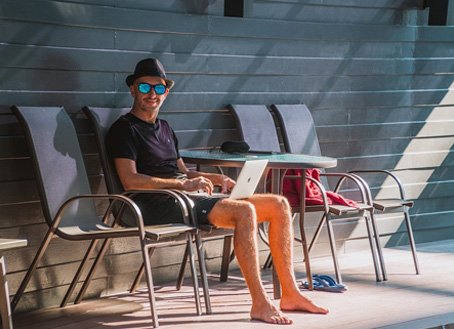
Anxiety is a common mental health condition that affects millions of people worldwide. While conventional treatments like medication and therapy are effective for many, some individuals may be seeking alternative approaches to manage their anxiety. In this article, we’ll explore some alternative treatments for anxiety that you may find helpful.
1. Mindfulness and Meditation
Mindfulness and meditation are powerful tools for reducing anxiety. These practices involve focusing on the present moment, without judgment, to calm the mind and body. Regular mindfulness and meditation practice can help reduce anxiety symptoms, improve mood, and enhance overall well-being.
2. Yoga and Breathwork
Yoga combines physical movement with deep breathing and meditation techniques to promote relaxation and reduce anxiety. Certain yoga styles, such as Hatha, Yin, and Restorative yoga, are particularly beneficial for anxiety relief. Breathwork techniques, like diaphragmatic breathing and box breathing, can also help calm the nervous system and reduce anxiety.
3. Aromatherapy
Aromatherapy involves using essential oils to promote relaxation and reduce anxiety. Certain essential oils, such as lavender, chamomile, and bergamot, have a calming effect on the mind and body. You can use essential oils in a diffuser, apply them topically to your skin, or inhale them directly from a cloth or handkerchief.
4. Herbal Remedies
Herbal remedies, such as passionflower, valerian root, and ashwagandha, have been used for centuries to treat anxiety. These herbs can be consumed as supplements, teas, or tinctures. However, it’s essential to consult with a healthcare professional before using any herbal remedies, as they can interact with medications or have side effects.
5. Massage Therapy
Massage therapy involves manipulating the body’s soft tissues to promote relaxation, reduce muscle tension, and improve mood. Regular massage therapy sessions can help reduce anxiety symptoms, improve sleep quality, and enhance overall well-being.
6. CBD Oil
CBD oil, derived from the cannabis plant, has gained popularity in recent years for its potential anxiety-reducing effects. CBD oil can be consumed orally, applied topically to the skin, or inhaled using a vaporizer. However, it’s essential to consult with a healthcare professional before using CBD oil, as it can interact with medications or have side effects.
7. Nutrition and Diet
A healthy diet rich in whole foods, fruits, vegetables, and omega-3 fatty acids can help reduce anxiety symptoms. Avoiding sugary, processed, and high-caffeine foods can also help alleviate anxiety. Additionally, staying hydrated by drinking plenty of water throughout the day is essential for maintaining good mental health.
Conclusion
While conventional treatments for anxiety are effective for many, alternative approaches can provide additional relief and support. By incorporating mindfulness, yoga, aromatherapy, herbal remedies, massage therapy, CBD oil, and a healthy diet into your lifestyle, you may find that your anxiety symptoms improve. Remember to consult with a healthcare professional before starting any new therapies or supplements.


 Previous Post
Previous Post

